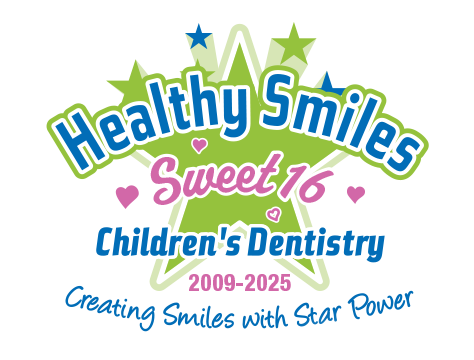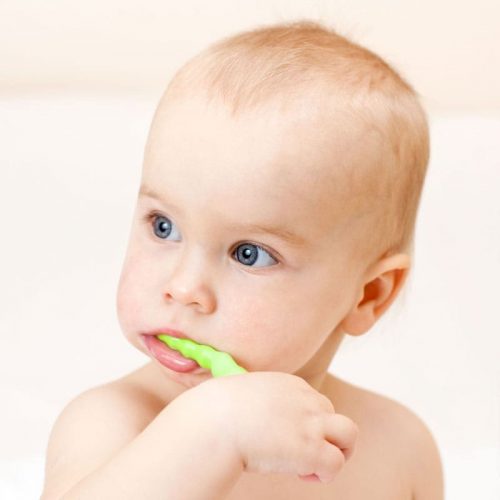Celebrating 16 Years Serving Our Community!
Here’s a polished version you can post directly to Google Reviews:
⸻
⭐️⭐️⭐️⭐️⭐️
We had such a wonderful experience with this office! From the front desk to the hygienist to the dentist, everyone was stellar. It was my 1-year-old’s very first appointment, and they handled it beautifully. My 5-year-old was the calmest and least anxious I’ve ever seen at the dentist—which says so much about how well they balance education, treatment, and respect for kids’ autonomy.
Dr. Davis and Saira were especially Grade A. Thank you for making dental care such a positive and empowering experience for both of my children!
Brought my daughter in for two extractions this morning and of course it had it's challenges. Dr. Davis and her staff were great with my little one, as they have always been. Due to nervous about the procedure, my daughter began vomiting after having breathe the nitrous for about a minute, after cleaning my daughter up and given her about 10 minutes to pull herself together; the procedure went very smoothly and quickly on the restart. Although still nervous once numb both extractions took less than 5 minutes, with my daughter only feeling pressure. Thank you Dr. Davis and staff! See you all in few moths for cleaning and check ups.
We absolutely LOVE Healthy Smiles! My daughter has been a patient since birth, and she'll be12 this year! We moved to Dallas 10 years ago, and we still commute over an hour for our appointments to date! We love the ENTIRE staff! Doctor Davis, Abigail, and Ms. Lynn are amazing 🤎
Dr. Davis and her team consistently provide high-quality care to their patients. They are honest about a patient’s needs such as whether yearly or biannual x-rays are needed, and work efficiently to ensure each patient that requires an appointment is seen. I have trusted Dr. Davis and her team for nearly 15 years with my two kids and will always recommend them!
Best kid dentist ever. Everyone was so nice and took their time with us. We did not feel like we was being rushed and they answered all of our questions. You can tell they were trained to handle kids. They also give kids a goody bag, which made my son happy and the experience even better. We left feeling good.


